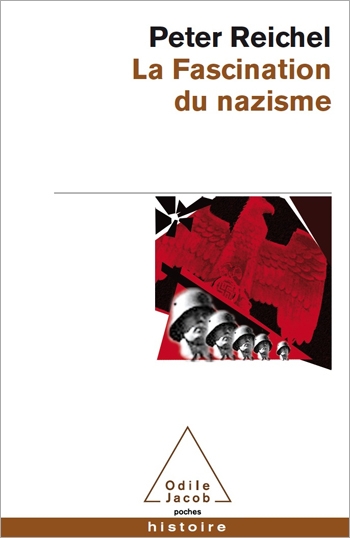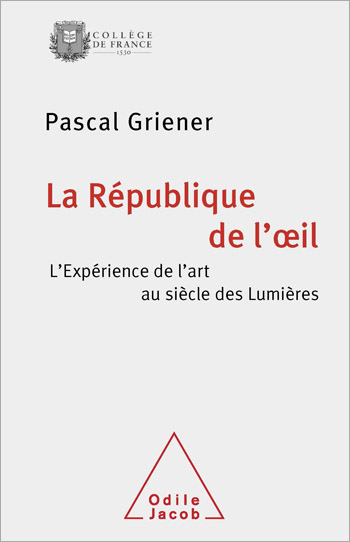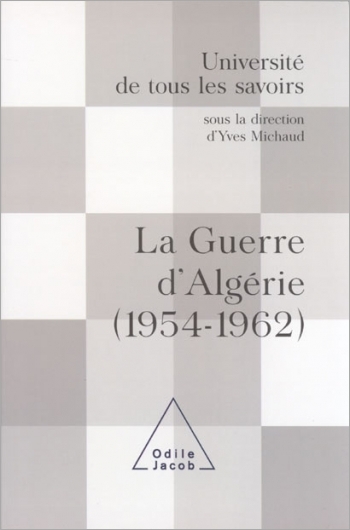Contemporary History All books
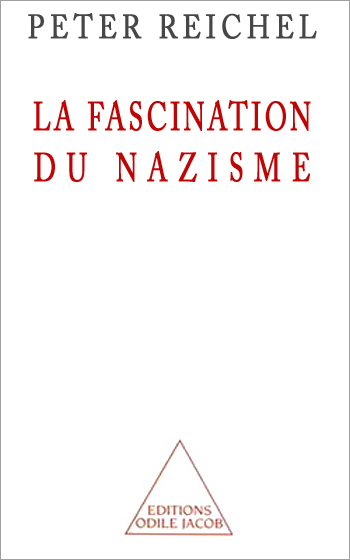
Peter Reichel
The Fascination of Nazism
All authoritative regimes look to dominate and effectively use art, culture, and the media. Each tool of popular influence is merged together to create and enforce a mythology. But no regime ever went as far as Nazism, no doubt because the Nazis were the first to understand mass culture. Peter Reichel unveils the unrivaled skill with which they knew how to create a world of illusions that allowed them to drag the Germans to disaster. Peter Reichel is a professor at the Institute of Political Science in Hamburg.
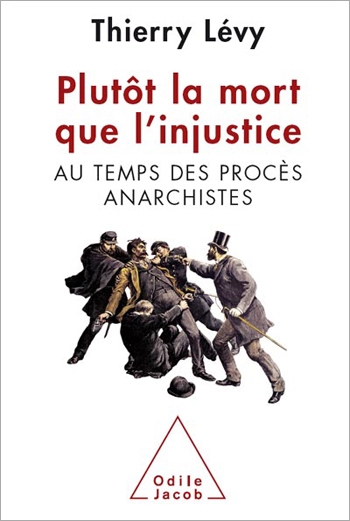
Thierry Lévy
Death Before Injustice The Era of Anarchist Trials
On 8 November 1892, a bomb went off in the staircase of a Paris police station. There was little doubt it had been the act of an anarchist...
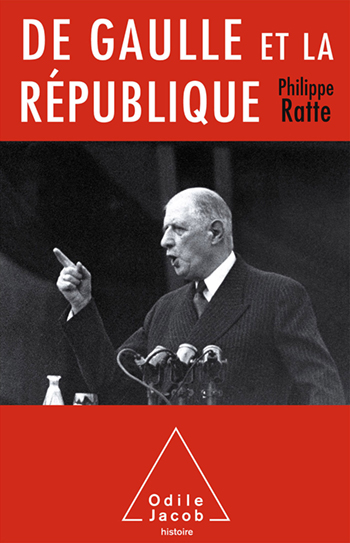
Philippe Ratte
De Gaulle and the Republic
A decisive speech for the history of France. A history lesson from an exceptional moment of founding and reform. An analysis of the founding of the Fifth Republic. A close look at what Gaullism was.

Michelle Perrot, Wassyla Tamzali
Conversations
Two eminent intellectuals, a historian and a writer, both very involved in feminism, conversing on important issues faced by French and Algerian societies today.
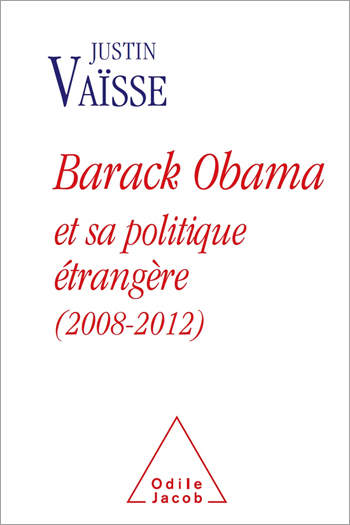
Justin Vaïsse
Barack Obama’s Foreign Policy (2008-2012)
In the run-up to the U.S. Presidential elections, an eminent specialist assesses the present administration

Jacques Cantier
Algeria Under the Vichy Regime
On 25 June 1940, both the Franco-German and Franco-Italian Armistice came into effect. In Algeria, appeals to carry on the struggle in Frances colonial empire no longer served any purpose. The Vichy regime, which came into existence following the parliamentary vote of 10 July 1940, was thus able to extend its rule over Algeria. Claiming to be at the head of a National Revolution which would create a new Man and fight against the forces of Anti-France, the Vichy government was able to flourish until the Anglo-American landings in North Africa in 1942. The author has given us a thorough review of this little-known period. This is not just a historical parenthesis as the study of the consequences of the National Revolution in Frances colonies casts a new light on the discussion about the nature and actions of the Vichy regime. It also illuminates a frequently concealed stage in the development of colonial society, which had had to confront a growing number of internal difficulties since the 1930s. Jacques Cantier is a lecturer at the University of Toulouse-Le-Mirail.


